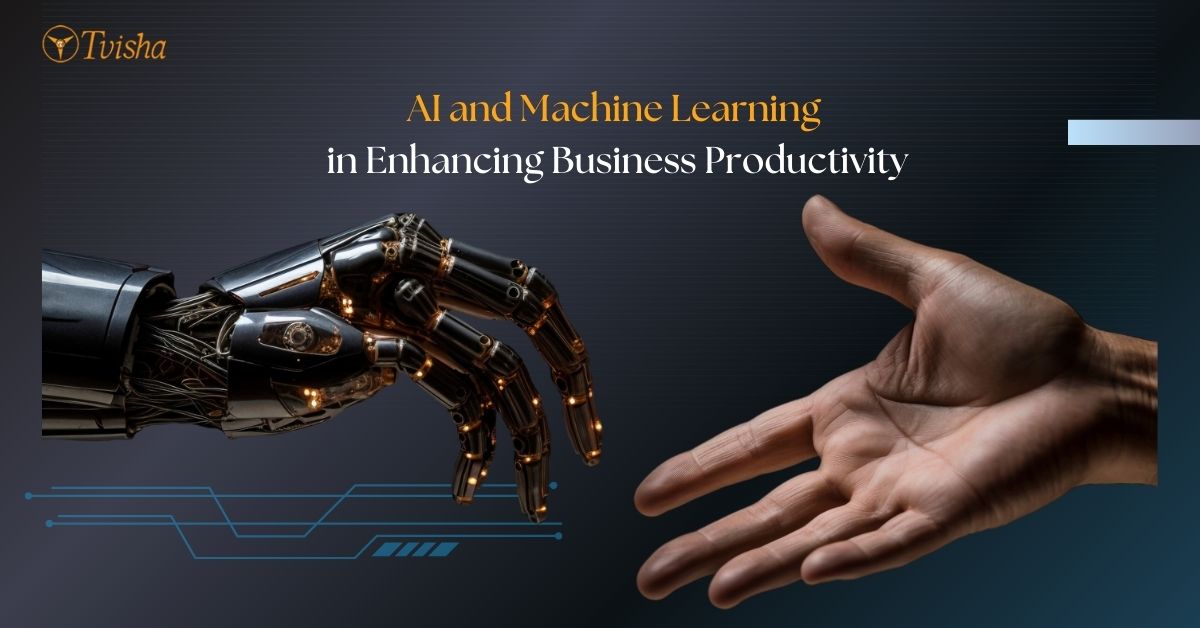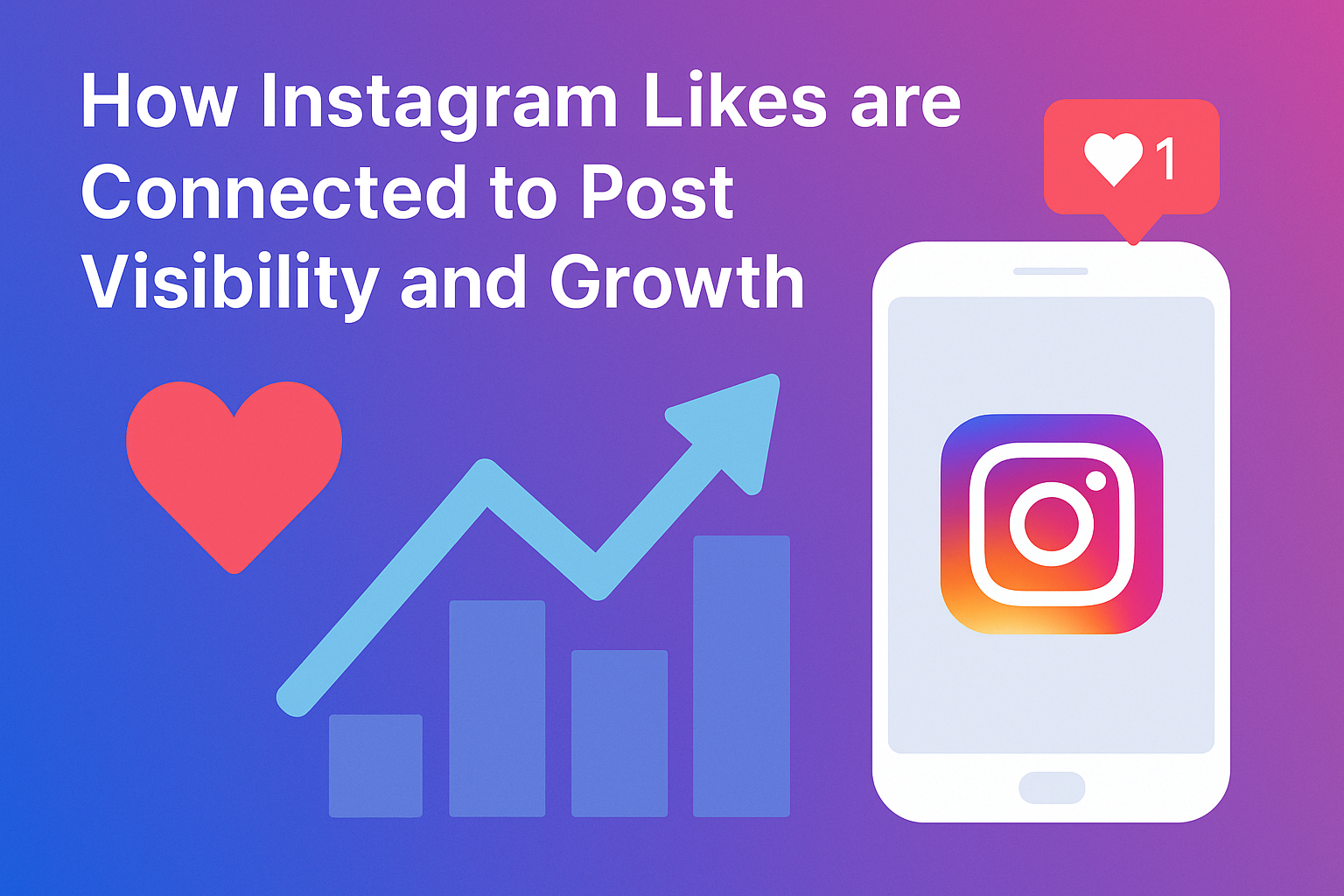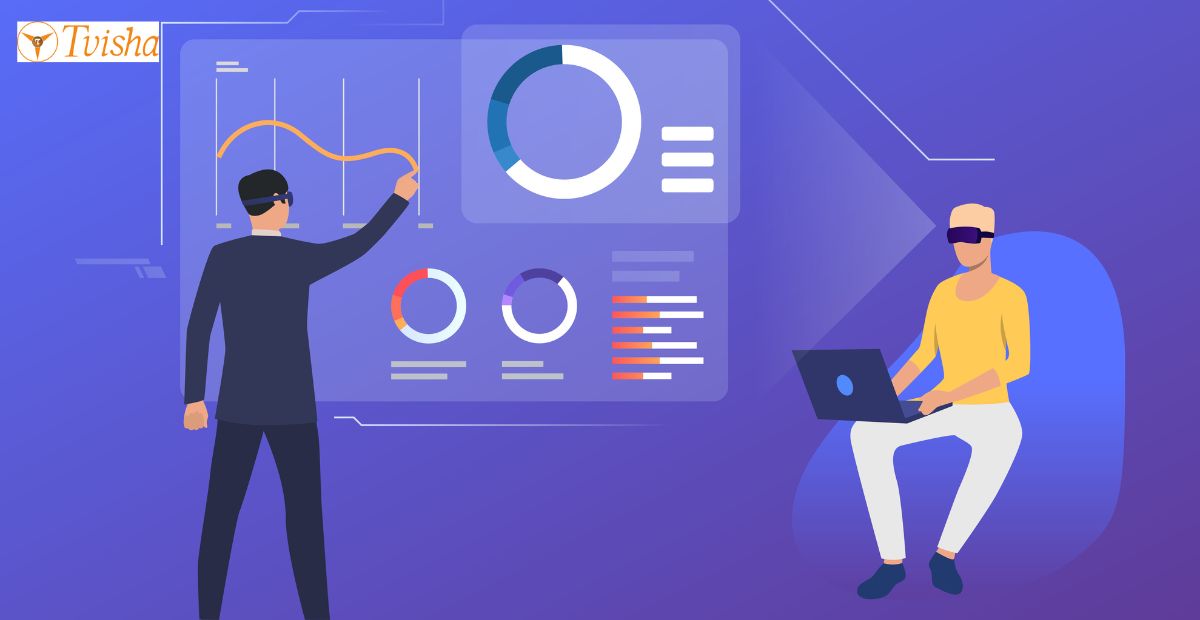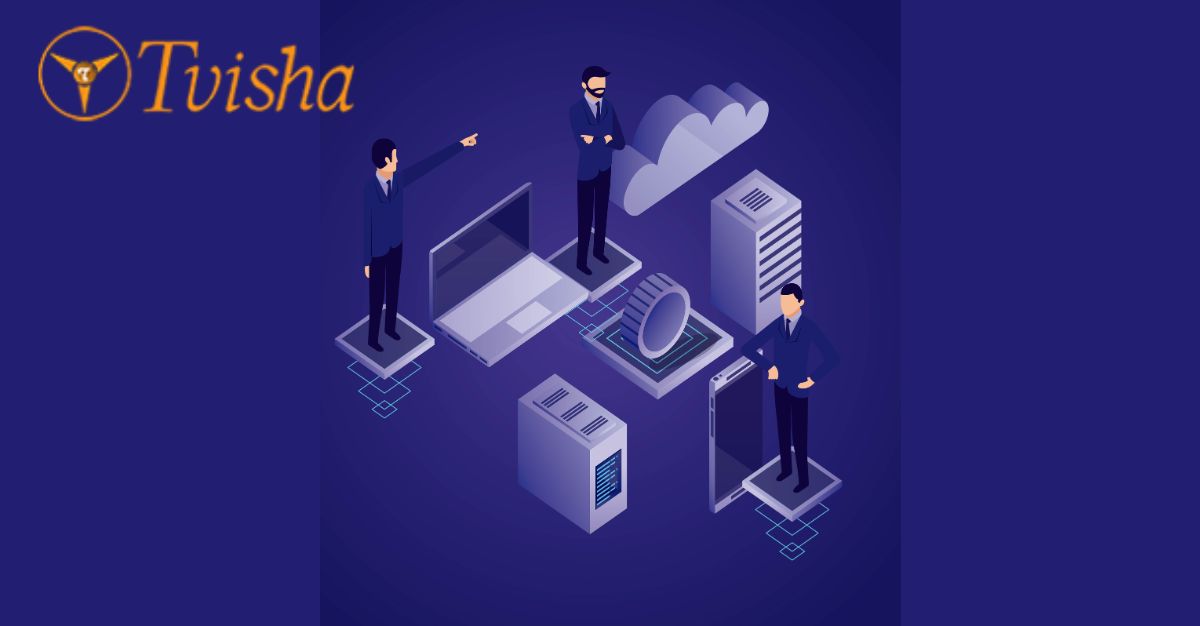
Importance of AI and Machine Learning in Enhancing Business Productivity
Artificial intelligence is the new trend many businesses have adopted or are in the process of adapting. It is a set of technologies enabling computers to perform advanced functions that are like a human brain, e..g. the Ability to see, study data, translate different languages, make meaningful insights from data, and perform repetitive tasks in an error-free efficient way.
As much as AI has threatened human jobs involving manual effort and labor, it has simultaneously produced more jobs in the long run. As per statistics, AI can replace 300 million human jobs globally and at the same time, over 100 categories of new jobs have already been created by its assistance and this is expected to boost global productivity by 7% in the next decade.
Businesses can use the boons of AI and machine learning to not just boost operational speed and efficiency but also eliminate costs due to repetition, wastage, and time consumption, enhancing overall venture productivity in the long run. To make full use of AI-integrated technologies, employees at every level of the workforce hierarchy should be provided with essential training and mentorship.
Some ways in which AI can enhance business productivity are:
Data Analysis
The greatest advantage that the majority of businesses have witnessed by integrating AI assistance in their operations is apt data collection, data management, data mining, and data analysis.
AI-based tools gather data intelligently through day to day activities of the business, suppliers, customers, and employees and store it securely in cloud storage. This data is then arranged systematically and studied to gain meaningful insights about different business aspects.
An example is making informed decisions by studying past trends of wasted product inventory through gathered data. The business managers can then decide on which production lines are to be halted and which are to be streamlined for better performance. In this way, overproduction can be controlled and costs can be reduced to a great extent.
This is similar to predictive analysis, which detects potential loopholes in supply chains and avoids long-term disruptions by informing about them beforehand. In this way, operations management teams can devise real-time solutions in advance and save time, resources, and money.
Communication
Another milestone achieved through AI by many businesses is transnational communication, eliminating cultural and language barriers. From text-to-speech features to translation in different languages, communication has been made glitch-free through the blessings of IT in global businesses.
Today, AI-powered language translation has enabled companies to hire employees from different cultural and language backgrounds, welcoming international talent and skills. These employees can easily interact remotely using an AI translation tool, removing linguistic barriers and adding to overall organizational efficiency.
Similarly, interactive voice response of IVR services uses AI specialty to create ease and facilitation for customer queries on telephonic helplines or website customer portals.
Through IVR, pre-recorded messages are played when a customer calls, instructing the caller to proceed as per query and solve issues without human intervention. Many call centers now have globally installed and benefited from IVR-based customer helplines.
Not just audio platforms, AI has also revolutionized written forms of business communications e.g. prioritizing important emails and showing mails in rank or order of significance, managing inboxes more diligently for employees, and saving loads of time that was earlier wasted in sorting mail.
Communication interfaces like Zoom and Google Meet use advanced AI for improved business meetings e.g. eliminating background noises and translating different employee responses to a unified language that everyone deciphers. Hence AI has made virtual meetings easier and more convenient than ever.
Personalization
Through Machine learning, businesses today have newer ways to attract and retain customers by providing them with a whole new level of personalization. Through AI assistance, natural and flawless audio content can be easily made, translated into the customer’s preferred language, and the content as per the customer’s demand and preference.
This has enabled businesses to excel ahead in marketing and customer support as it allows teams to formulate customer-friendly strategies as per their expectations, and provides excellent after-sales services to eager consumers.
Not only customers but employees are equally facilitated by employers using AI-based capabilities. Through machine learning, employees are given specific training as per their cognitive and intelligence levels using knowledge-base management systems, which make sure the right employee gets the right training at the right time as per job requirements.
Automation
Perhaps the most crucial advantage of AI in businesses is the automation and smoothness it inculcates in operations management. By introducing time-saving technologies, secures tons of resources, funds, and human efforts that were earlier employed to get repetitive tasks done.
Time-consuming tasks and repetitive jobs earlier done by humans are now performed through AI, saving time for managers to ponder over more important matters and keep the businesses going. From automated customer response chatbots to online payments, every business now has some form of automated AI integration in their operations maintenance.
Taking event rentals as an example, today through AI tools, online bookings, reservations, event tracking, inventory logistics and even choosing party rental equipment, all operations are managed smoothly.
A decade ago, no one would have thought of managing events virtually, but today, thanks to AI-assisted services like best event rental software, this is actually happening and is being managed efficiently.
Automation in operations is key in preventing manufacturing bottlenecks and eliminating the possibility of human errors from within the supply chain, as minimum human intervention is required in such procedures.
Administration
Day-to-day administrative tasks are now fully sorted out and require minimum manual effort, thanks to AI. From cloud storage of data earlier penned down on heaps of papers, to easy and quick calculations, invoicing, data entry, managing routine emails, and scheduling meetings, all can now be easily performed using AI.
Today, the majority of everyday office tools like Word, and Excel, and even search engines like Google are using many AI-based features to ease employees’ and managers’ task management and information collection. If learned timely, these features can help each employee within the organization to eliminate hassles during the job and perform tasks effectively, enhancing overall organizational productivity.
Predictive Maintenance
AI is also playing a crucial role in predictive maintenance across industries. By analyzing machine performance data in real-time, AI can identify potential failures before they occur. This allows businesses to schedule maintenance proactively, reducing downtime and preventing costly repairs. Predictive maintenance is especially valuable in manufacturing and industrial settings, where equipment failure can halt production lines. By integrating AI into maintenance schedules, businesses can optimize equipment longevity and efficiency while reducing unexpected disruptions.
Cyber Security
In the digital age, cybersecurity is a top concern for businesses, and AI is helping tackle this challenge. AI-driven systems can monitor network activity, detect anomalies, and identify security threats in real-time. Through machine learning, these systems adapt and improve over time, making them more effective at preventing cyberattacks. AI tools can also automate incident response, reducing the time it takes to contain and mitigate threats. By enhancing cybersecurity measures, businesses can safeguard sensitive data, protect intellectual property, and maintain customer trust.
Human Resource Management
AI is transforming human resource management by streamlining recruitment, employee evaluation, and workforce management processes. AI-driven platforms can analyze candidate profiles and match them to job descriptions, making recruitment faster and more accurate. Additionally, AI tools can assess employee performance by tracking productivity metrics and providing personalized feedback. With AI handling routine HR tasks like scheduling interviews, managing payroll, and employee training, HR teams can focus on strategic decision-making and improving workplace culture.
Customer Relationship Management (CRM)
AI is revolutionizing customer relationship management by enabling businesses to interact with customers more effectively and efficiently. AI-powered CRM systems can track customer behavior, predict future needs, and personalize communication strategies. By analyzing past interactions and preferences, AI helps businesses create tailored marketing campaigns, improve customer service, and enhance overall customer satisfaction. AI-driven chatbots, automated follow-ups, and personalized recommendations enable businesses to maintain stronger relationships with customers, leading to increased loyalty and sales.
Supply Chain Optimization
AI is also enhancing supply chain management by improving forecasting, inventory control, and logistics. AI-powered systems can predict demand based on historical data, market trends, and consumer behavior, helping businesses adjust production schedules and manage inventory more effectively. In logistics, AI can optimize delivery routes, reducing fuel consumption and delivery times. By providing real-time insights into every stage of the supply chain, AI enables businesses to make informed decisions, minimize waste, and streamline operations for maximum efficiency.
Conclusion
To conclude, it can be said that AI is the next big thing for businesses globally, and if integrated within operations wisely, it can bring revolutions from cutting a plethora of costs to increasing business productivity within the coming years. AI not only enhances efficiency and decision-making but also enables companies to remain competitive in a rapidly evolving market. By automating routine tasks and providing real-time insights, AI empowers businesses to focus on innovation and strategic growth. Businesses fuel a nation’s economy, and if ventures are equipped with the latest machine-learning techniques, they are sure to see success and progression with every passing day.

















 Whatsapp
Whatsapp
 Email
Email


